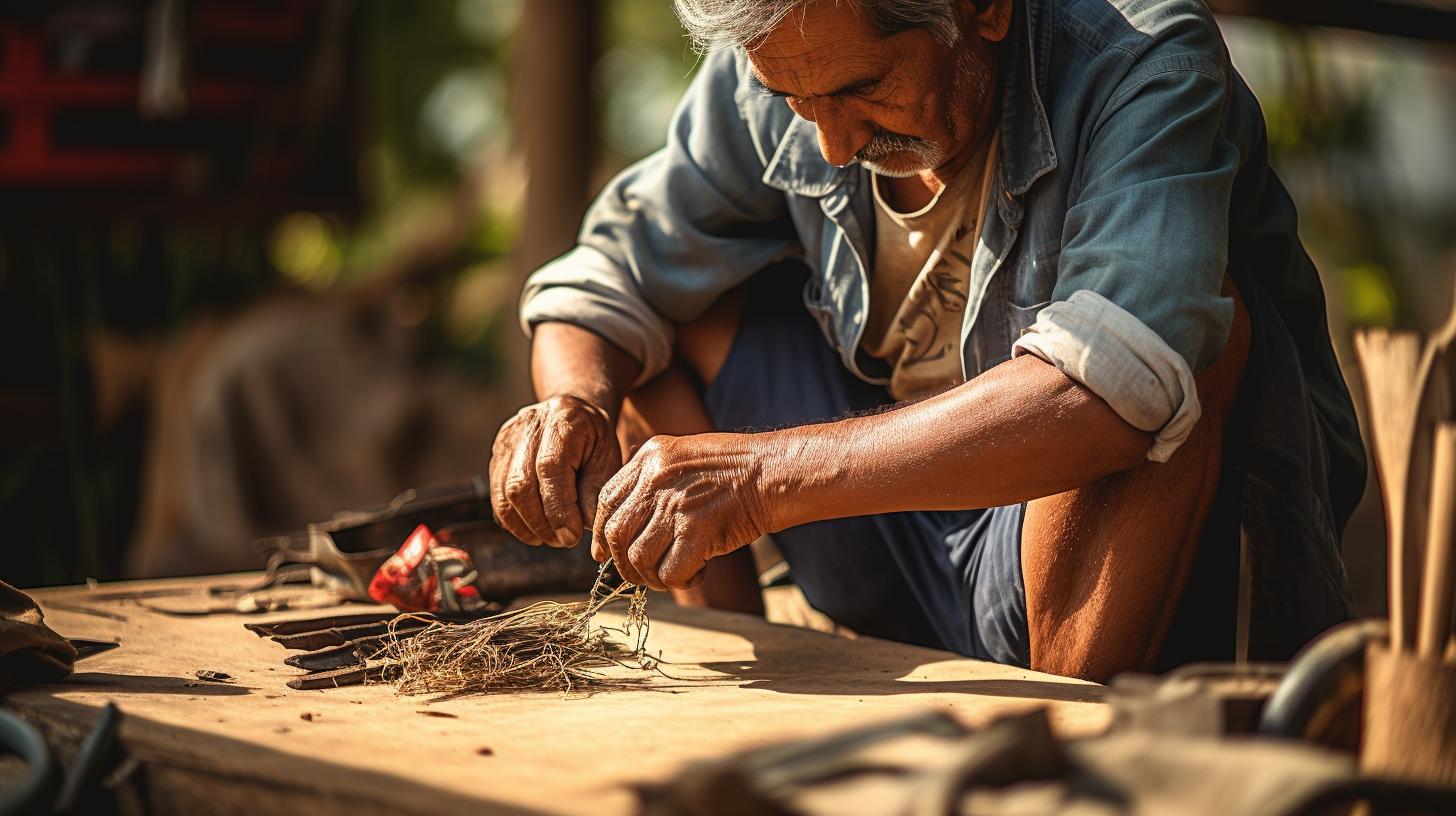Are you dating someone from a different culture and struggling to navigate local idioms? Understanding and using local idioms in multi-cultural dating can be a powerful way to connect with your partner and show respect for their culture. In this article, we’ll explore the importance of local idioms in multi-cultural dating and provide practical tips for incorporating them into your communication.
Why Local Idioms Matter in Multi-Cultural Dating
Language is a crucial component of communication, and local idioms often reflect cultural values and beliefs that may not be immediately apparent to outsiders. By taking the time to understand and use local idioms, you demonstrate a willingness to learn about your partner’s culture and a desire to connect on a deeper level. Incorporating local idioms can also help you avoid misunderstandings and miscommunications. For instance, the English phrase “break a leg” is used to wish someone good luck, but the literal meaning of the phrase could be confusing to someone who is not familiar with it.
Local idioms can play an important role in multi-cultural dating.
Understanding local idioms can help foster better communication between partners.
Misunderstandings caused by local idioms can be overcome with open communication and a willingness to learn.
How to Incorporate Local Idioms into Your Communication
Incorporating local idioms into your communication can be a fun and rewarding way to connect with your partner and show respect for their culture. Here are some practical tips for doing so:
1. Research
The first step in incorporating local idioms into your communication is to research. Take the time to learn about your partner’s culture and the idioms that are commonly used. This can involve reading books, articles, watching movies or TV shows, or simply asking your partner to teach you.
2. Listen Carefully
Once you have a basic understanding of local idioms, make an effort to listen carefully to your partner’s speech. Pay attention to the idioms they use and try to identify their meaning based on the context in which they are used. This will help you build your vocabulary and become more comfortable using local idioms.
3. Practice
Incorporating local idioms into your communication takes practice. Start by using them in low-stress situations, such as casual conversations with your partner. As you become more comfortable, you can start using them in more formal or serious situations.
4. Be Mindful of Cultural Sensitivity
When incorporating local idioms into your communication, it’s important to be mindful of cultural sensitivity. Avoid using idioms that could be considered offensive or insensitive. Be respectful of your partner’s culture and values, and be open to feedback if you inadvertently make a cultural misstep.

Examples of Local Idioms in Different Cultures
Here are some examples of local idioms in different cultures to give you an idea of their diversity and depth:
1. Japan: “Shouganai”
“Shouganai” is a Japanese idiom that means “it can’t be helped.” It reflects the Japanese cultural value of accepting the things you cannot change and moving forward.
2. Spain: “Dar la mano y coger el pie”
In Spain, the idiom “dar la mano y coger el pie” means “to give a hand and take a foot.” It refers to someone who is untrustworthy or unreliable.
3. India: “Jugaad”
“Jugaad” is a Hindi idiom that means “frugal innovation.” It reflects the Indian cultural value of finding creative and resourceful solutions to problems.
| Language | Idiom | Meaning |
|---|---|---|
| Mandarin | (dǎ cǎo jīng shé) | To alert an opponent while attempting to sneak up on them |
| French | Appeler un chat un chat | To call a spade a spade |
| German | Tomaten auf den Augen haben | To have tomatoes on one’s eyes, meaning to not notice something that is obvious |
| Portuguese | Quem nao tem cao, caca com gato | Who doesn’t have a dog, hunts with a cat, meaning to make do with what you have |
| Arabic | (huwwa beytak ‘awwam) | He is your guest, even if he is a commoner, meaning to treat guests with respect regardless of their social status |

Incorporating Local Idioms in Different Situations
In addition to casual conversations, local idioms can be used in a variety of situations to enhance communication and build cultural understanding. Here are some examples:
1. Business Meetings
Incorporating local idioms into business meetings can demonstrate cultural awareness and build rapport with colleagues from different cultures. However, it’s important to ensure that the idioms are appropriate for the context and do not create misunderstandings.
2. Celebrations and Festivals
Using local idioms during celebrations and festivals can help you connect with your partner’s cultural traditions and show respect for their heritage. It can also be a fun way to learn new idioms and phrases.
3. Texting and Social Media
Incorporating local idioms into texting and social media can add a personal touch to your communication and show that you are making an effort to learn about your partner’s culture. However, it’s important to ensure that the idioms are appropriate for the context and do not create misunderstandings.
Real-life Personal Story: Finding Common Ground Through Local Idioms
When I first started dating my partner, who is from a different country, we struggled with communication and understanding each other’s cultural nuances. However, one day while we were having coffee, I used a local idiom that was similar to one in their language. They immediately recognized the meaning and it sparked a conversation about the similarities and differences between our cultures.
From then on, we made an effort to learn each other’s idioms and incorporate them into our conversations. It not only helped us understand each other better but also brought us closer together. We found common ground through these linguistic expressions and it made us appreciate each other’s cultures even more.
Through our experience, we realized the power of local idioms in multi-cultural dating. It allows for a deeper understanding and connection between partners from different backgrounds.
Conclusion
Local idioms are a powerful tool for connecting with your partner and showing respect for their culture. By taking the time to learn about and incorporate local idioms into your communication, you can deepen your understanding of your partner’s culture and build a stronger relationship. Remember to be mindful of cultural sensitivity, practice regularly, and have fun exploring the rich diversity of local idioms around the world.
For more information on cultural customs and dating etiquette, check out our other resources on cultural slang, social customs, and culinary customs.
FAQs
What are local idioms?
They are phrases that are unique to a specific region or culture.
How do local idioms affect dating?
They can lead to misunderstandings or miscommunications between partners.
Who should be aware of local idioms in multi-cultural dating?
Everyone who is dating someone from a different culture should be aware.
What can I do to understand local idioms better?
Ask your partner to explain any phrases that you don’t understand.
How can I avoid offending my partner with local idioms?
Be open and respectful when discussing cultural differences with your partner.
Won’t it be difficult to learn all the local idioms of my partner’s culture?
It may take time, but learning about your partner’s culture will improve your relationship.




